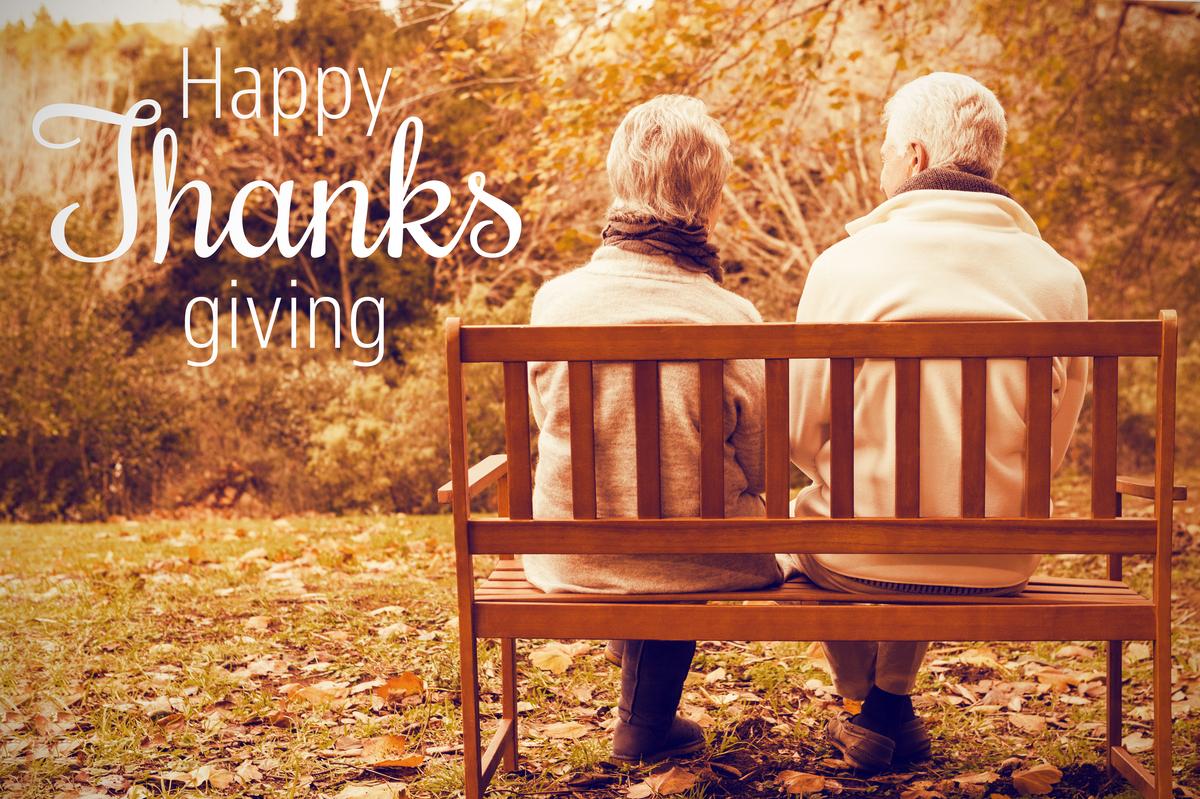How to Slow the Progress of Alzheimer’s with Activities that Stimulate the Mind and Body
Pegasus Senior Living manages residential memory care communities across the United States. We are local. We are passionate. We care.
What is Alzheimer’s?
Alzheimer’s is the most common type of dementia. It is a progressive disease that is characterized by the decline in cognitive function that interferes with a person’s ability to respond to their environment.
| Warning Signs of Alzheimer’s | Looks Like |
| Memory Loss | Many people experience occasional forgetfulness, but Alzheimer’s and dementia can interfere with functioning in daily life. A person living with Alzheimer’s or dementia may need to use memory aids to remember to do tasks such as directional signs or reminders. They may misplace items and be unable to retrace steps to find it. Often common tasks like paying bills, bathing, or taking medication may be forgotten. |
| Struggle to Complete Familiar Tasks | People living with dementia will often have difficulty following a sequence of steps or be able to plan a way to solve a problem, even if it is a familiar problem that has been solved many times before. |
| Confusion About Time or Place | People living with Alzheimer’s are often confused about time or place. They have difficulty judging distance into the future or lose track of time altogether. |
| Difficulty Communicating | Communication can become difficult for those living with Alzheimer’s. They may have difficulty with word finding to describe specific objects or people. A person may also have difficulty engaging in focused conversation. However, social chit chat is a skill that may often remain for a longer period. |
| Social Withdrawal | Joining and following conversations or just engaging with others may become difficult. People with Alzheimer’s may find social situations overwhelming and withdraw from engaging in things they once enjoyed, including family/friend events. |
| Changes in Mood | Friends and family members will sometimes notice that their loved one with Alzheimer’s gets easily agitated or is frequently anxious or fearful, especially in unfamiliar locations, situations, or loud and busy environments. Often, they will become suspicious of others stealing things from them when they have misplaced items. |
What to consider when creating engaging opportunities for people living with Dementia or Alzheimer’s
Research has shown that, while there is no cure for Alzheimer’s—yet—its progression can be slowed by exercise and cognitive stimulation as well as proper nutrition and management of underlying conditions. Responsive behaviors such as anxiety, restlessness, and aggression can be responded back to effectively by engaging the person in meaningful, relatable, and intentional engagement, plus supporting their lifetime hobbies with adaptations. For example, if your loved one was a cook/baker, make a meal or bake desserts with them often. If they love dancing, put on their favorite music, and ask them about the genre or dance with them.
As it affects everyone differently, when choosing engagement for seniors with Alzheimer’s, there are a few tips to keep in mind. These recommendations come from the Alzheimer’s Association, a national organization dedicated to spreading awareness and finding a cure.
- Individual skills and abilities – We frequently tend to focus on what a person cannot do. Shifting our focus to their remaining abilities and including them often as part of an everyday routine can enhance one’s life and may improve functioning. What is your loved one capable of doing? Can they draw, play an instrument, or demonstrate another specialized skill? Do they have any underlying health conditions that would influence the way they engage in these activities? It is important to consider these skills and adjust them accordingly to current abilities.
- Personal interests – Just because a person is able to do something doesn’t mean they enjoy it. Choose opportunities that evoke positive emotions. Starting the conversation by simply asking the person how they feel about a certain hobby, event, type of music, or engaging activity can help you discover what speaks to the person in a meaningful way and be able to promote positive feelings.
- Involvement in daily life – For many seniors in general, there is a loss of a sense of purpose. Incorporating daily life into engagement helps the person feel like they are important and have a role to play. When we think about our own lives, taking care of the home, pets, gardens, even children are a part of our everyday existence. These daily tasks create an easy opportunity for purpose as a contributing member. Simple tasks such as folding laundry, watering the flowers, setting the tables, housework (dusting, sweeping, etc.) are great ways for a person to connect with normal life as well as sneak in some exercise.
- Enjoyment vs. achievement – The joy is not in the perfect completion of something, but in the journey of doing. One characterization of Alzheimer’s is the loss of the ability to complete familiar tasks. It is important to focus on the enjoyment of the steps of a task rather than the successful completion.
- Consider time of day – Some activities naturally lend themselves to specific times of the day. Other times a person’s propensity to agitation as daylight fades (also known as sundowning) may be a barrier to success. During this period of increased restlessness, it is important to provide opportunities to match the person’s previous life routines. Examples we use frequently in our memory care communities include movement such as walks, fitness combined with calming the environment around them with music, aromatherapy, and consistent routines. By being mindful of the shift of energy in the afternoon and making accommodations, we provide opportunities for successes and effectively support the person living with dementia through this period.
- Consider your loved one’s status – As Alzheimer’s or dementia progresses, it is to be expected that the success of the traditional engagement will decline and needs to be adjusted for declining abilities. Eventually they may not be able to complete them at all, and new ways to engage may need to be found. Sensory engagement such as music, robotic pet therapy, and aromatherapy are successful in later stages of dementia. It is important to continue providing adapted stimulation to persons in later stages.
What are some activities for seniors with Alzheimer’s?
- Exercise – Whether residents are able to walk, use a wheelchair, or are on bed rest, there is always a type of exercise to incorporate. Going for a walk, chair fitness, exercises or yoga are also available to those with difficulty ambulating. Fun ways to incorporate movement include chair dancing, cardio drumming, and boxing – even gardening and housework are great ways to include fitness for all.
- Music – A defining feature of every culture, music can be enjoyed by anyone. Many seniors may have fun participating in a sing along or just prefer to relax and revel in the memories familiar songs evoke. Playing instruments such as piano, drums and rhythm instruments can be wonderful ways to include music opportunities. “When language fails, music often speaks.”
- Life skills – Being part of their own daily routine is meaningful and can have great impact on enjoyment . A person living with Alzheimer’s can help prepare dinner with tasks like peeling potatoes or snapping beans. They can also set or clear the table, water plants, or dust furniture – anything to renew their sense of purpose. Using reminders such as templates and instructional signs can help support a person participating in tasks of daily living for longer periods successfully.
- Social functioning – Include the person living with dementia in social activities if possible. Keep in mind that some people will tolerate this better than others and plan accordingly to keep them comfortable and happy – make it an enjoyable experience for them. Small groups and familiar locations may provide more successful enjoyment than large and unfamiliar locations. Being mindful of physical needs such as tolerance for walking or need for toileting during outings will help to ensure a person is able to successfully enjoy the events.
- Cognitive exercise – Engagement and hobbies that stimulate the brain are great, but being mindful of a person’s abilities, interests and life history/experiences is crucial. Choose opportunities that evoke memories and emotions that may lead to conversation. Play games like finishing phrases or simple word games. Reminiscing engagement can supply a wealth of opportunities to stimulate memory and conversation skills. Providing opportunities for sensory stimulation such as cooking, gardening, and art/music projects are great ways to stimulate cognition as well.
What is our Connections Memory Care program?
Caring for a person diagnosed with Alzheimer’s or dementia can be overwhelming. As it progresses, it can become difficult to provide the necessary 24/7 care, let alone incorporate opportunities that can slow Alzheimer’s. Many caregivers become burned out.
Pegasus memory care communities have Connections. Connections is our signature lifestyle program that provides a holistic, hands-on approach to caring for people living with dementia while living in a neighborhood-like environment. The core of Connections begins with the three pillars:
- Personalized Approach – We get to know the person in depth to provide individualized focus on care, engagement, and daily living.
- Fostering Relationships – Our positive relationships help residents connect to the world, support their families, and provide ourselves all of the tools to effectively care for them.
- Intentional Programming – Engagement opportunities that are focused on therapeutic support, learning, and realistic tasks or hobbies that meet residents’ individual needs and foster brain health.

We offer peace of mind in a secure environment with round-the-clock support from trained Connections Memory Care associates. Families feel confident that their loved ones are receiving the best care possible from a team of professionals who are local and passionate, and most importantly, who care.





